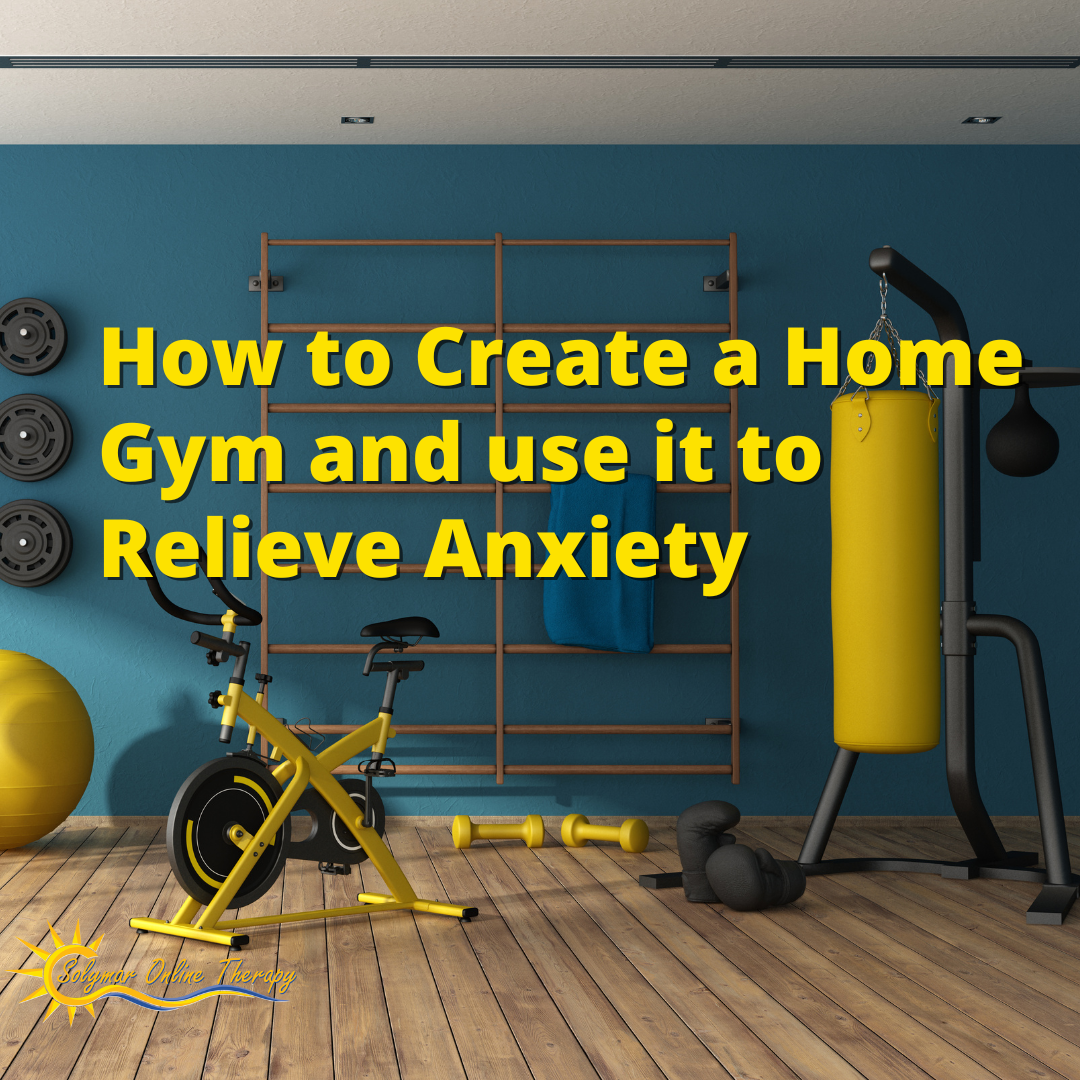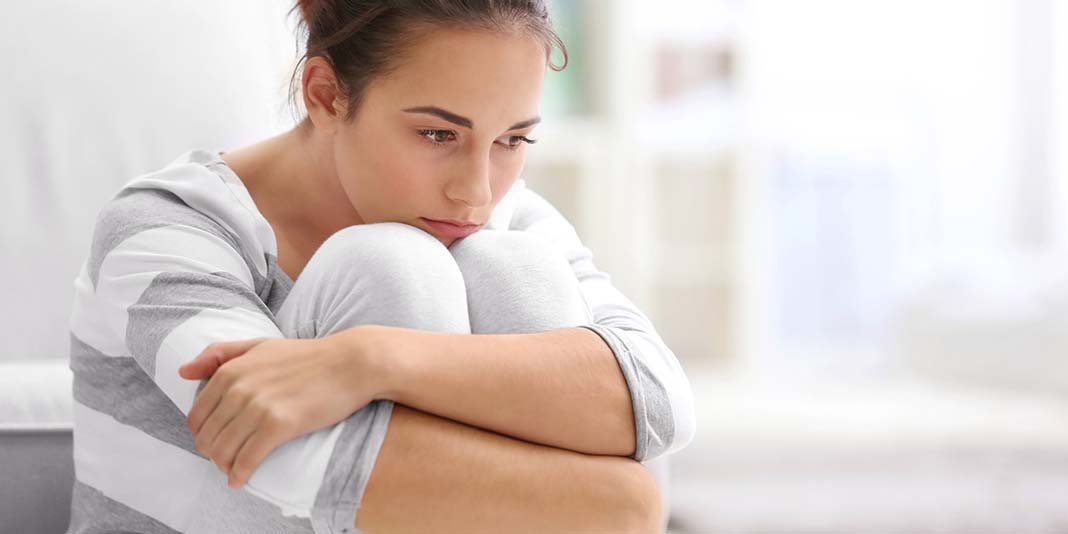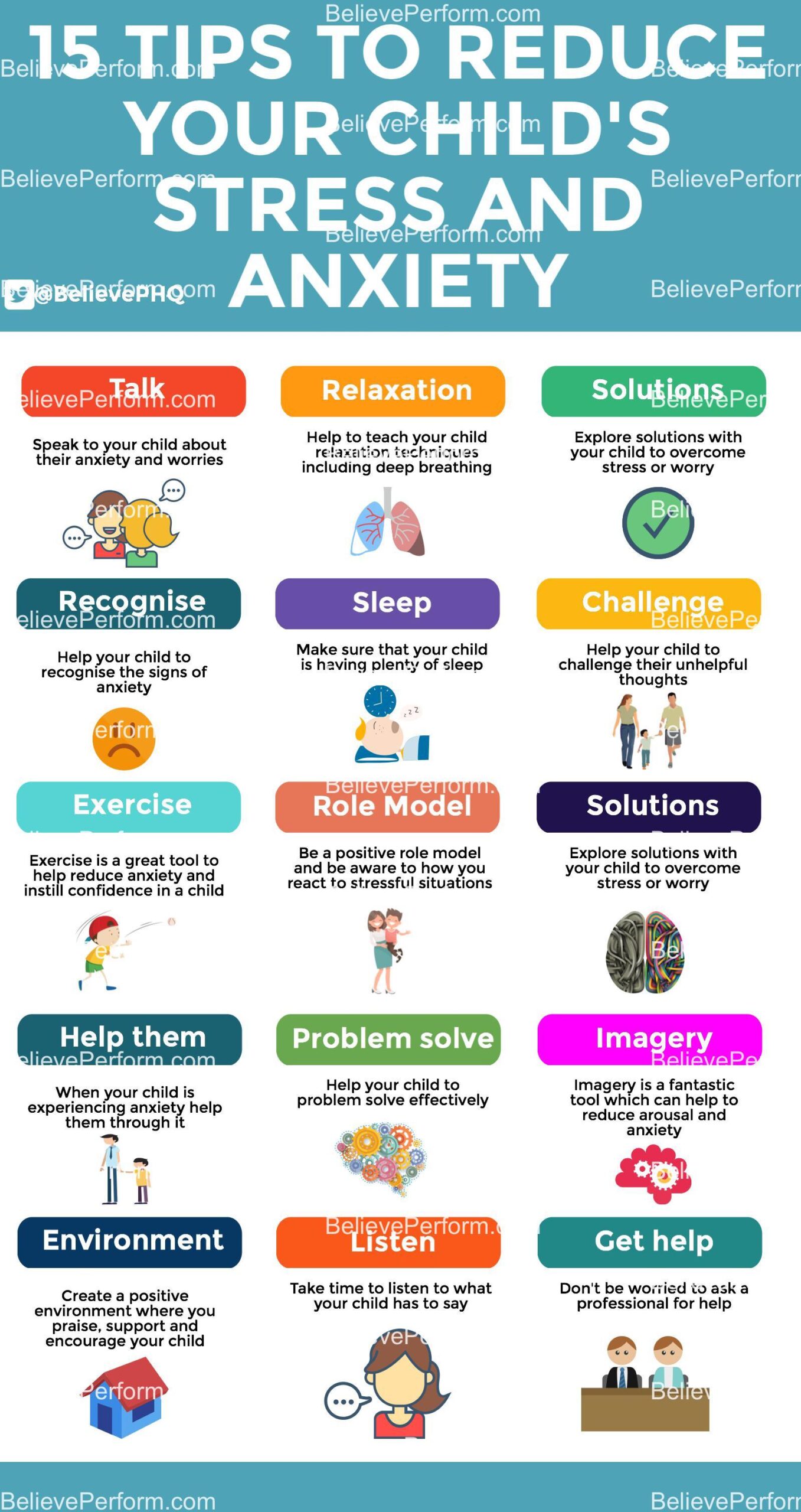Great Tips About How To Relieve Anxiety In Children

Verified by children and anxiety reviewed by psychology today staff anxiety is on the rise among children and adolescents.
How to relieve anxiety in children. Listen you know how enormously comforting it can be just to have someone listen when something’s bothering you. Stanford medicine’s vicki harrison explains the forces impacting youth mental health today, and why it’s so important to involve teens in solutions. Left untreated anxiety can impact both physical and emotional health.
Treatment options for anxiety disorders in children include the following: What makes young people anxious? Rainfall could have been one.
In these situations, medication is also important. The options for helping anxious children include professional therapy and prescription medicines. The best way to help a child with anxiety is to talk openly and honestly about their feelings, provide reassurance that they're safe and loved, and help them.
Notice how you are feeling. Strategies to help anxious children childhood anxiety can worsen as children grow. How to help a child struggling with anxiety renee jain, founder of gozen!, an online platform to help kids manage their anxiety, and dr.
Eating more or less than usual. Constantly worrying or having negative thoughts. Lack confidence to try new things or seem unable to face simple, everyday challenges find it.
Sometimes, sessions reduce some symptoms but more help is needed for kids to be able to conquer their anxiety. Quickly getting angry or irritable, and being out of control during outbursts. Attending and participating in school will help your child develop important skills and knowledge to help them learn, as well as building their social and emotional skills.
One way to help your child control anxiety is to encourage slow, deep breathing. Studies show that as many as one in eight. Family therapy or cognitive behavioural therapy (cbt) that is specially.
Hide guide menu guide contents (jump to section) what is anxiety? Anxiety is one of the most common mental health concerns for children and adults, affecting upwards of 20% of children and adolescents over the lifespan. Treatments for adhd and anxiety in children may include the following options:
When you can identify your feelings, you will know when you are ready to help your child. It is important that you validate your child's fears. Physical symptoms of anxiety disorders in children and adolescents manifest as autonomic nervous system activation, including diaphoresis, palpitations, chest tightness, nausea,.
Do the same thing for your child. Here's how to help your child manage anxiety on their own. Selective serotonin reuptake inhibitors (ssris) are one option for treating childhood anxiety, as they do not cause many side effects.



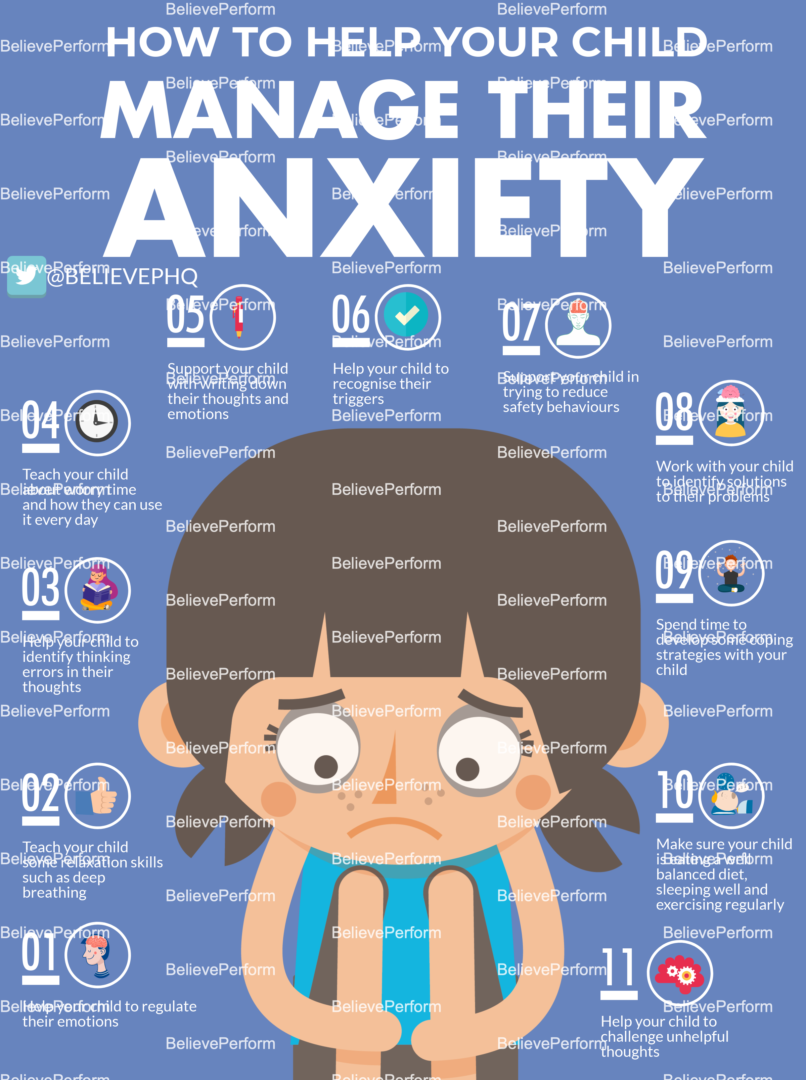
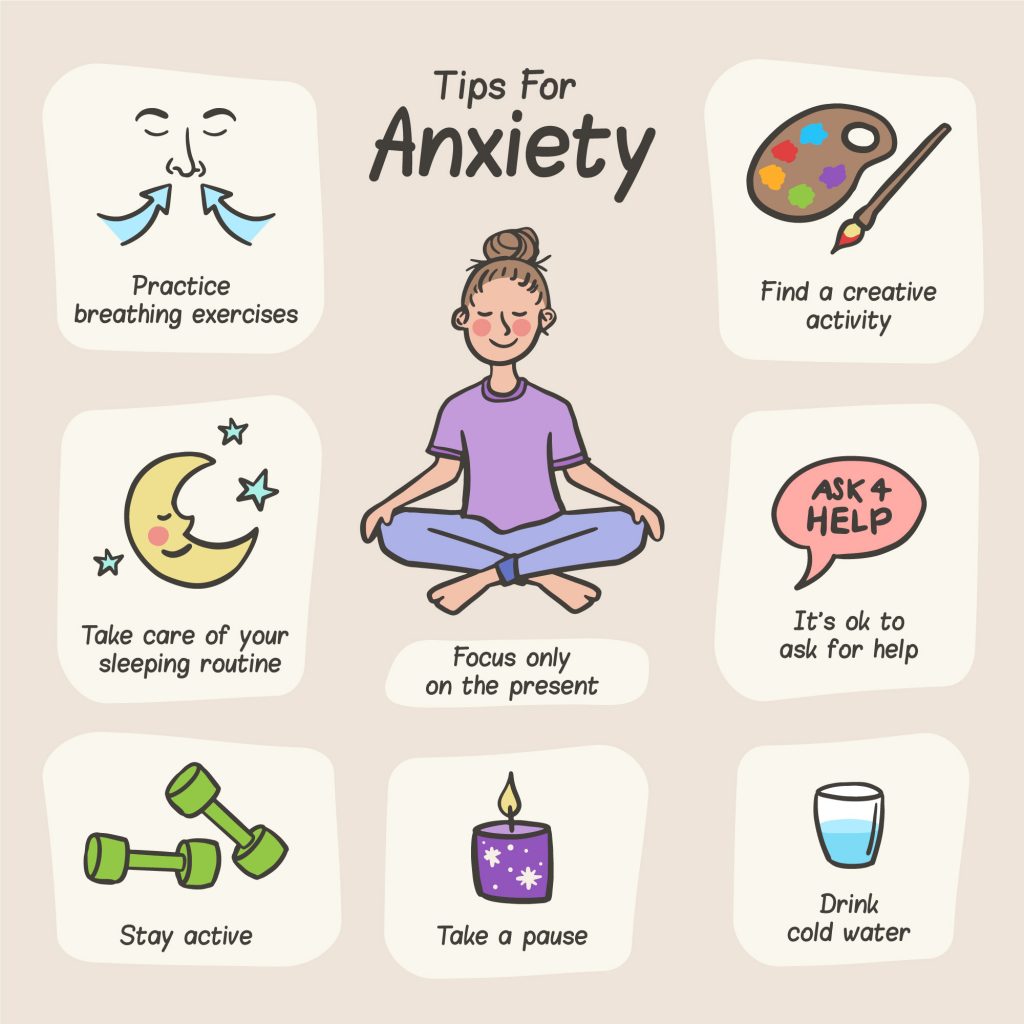
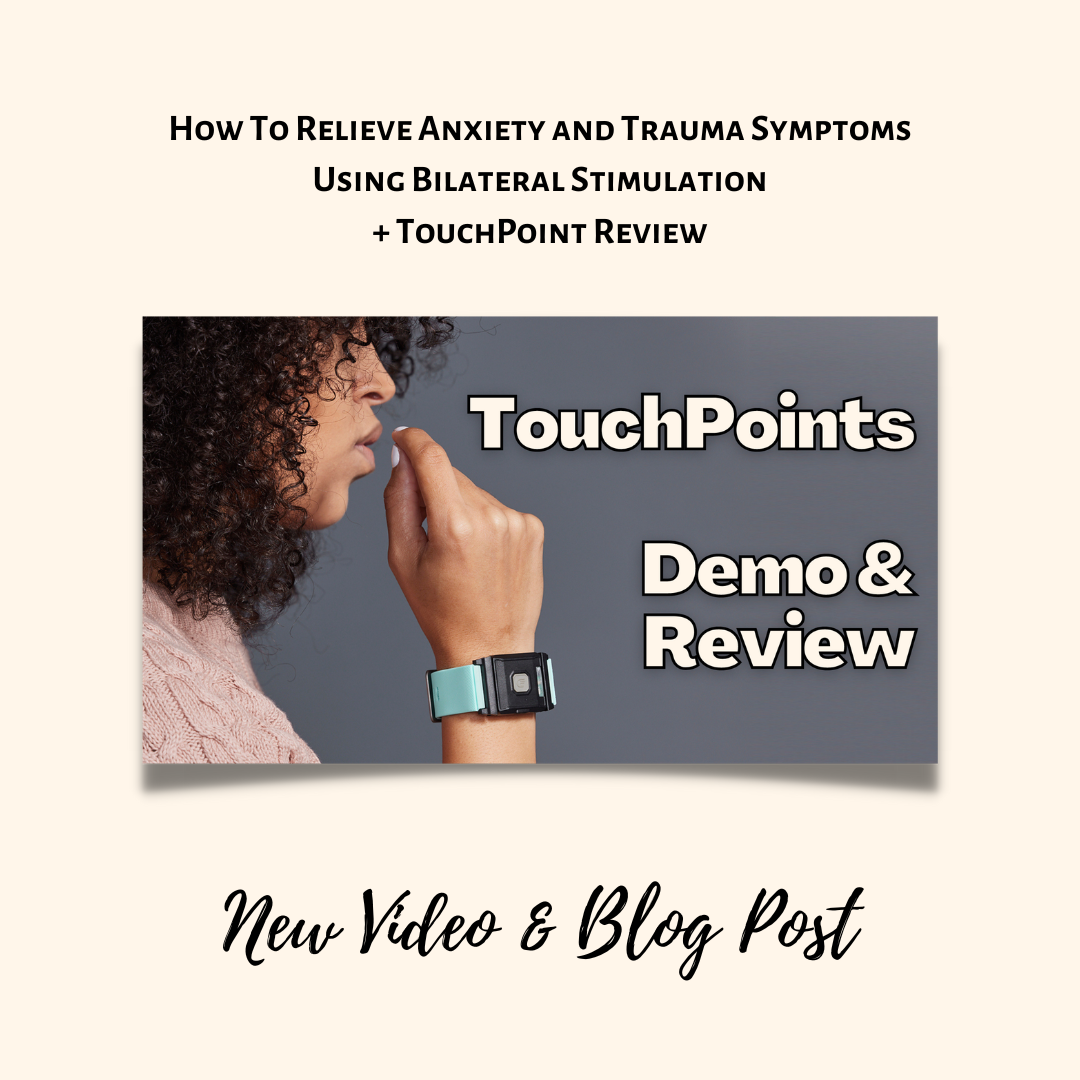

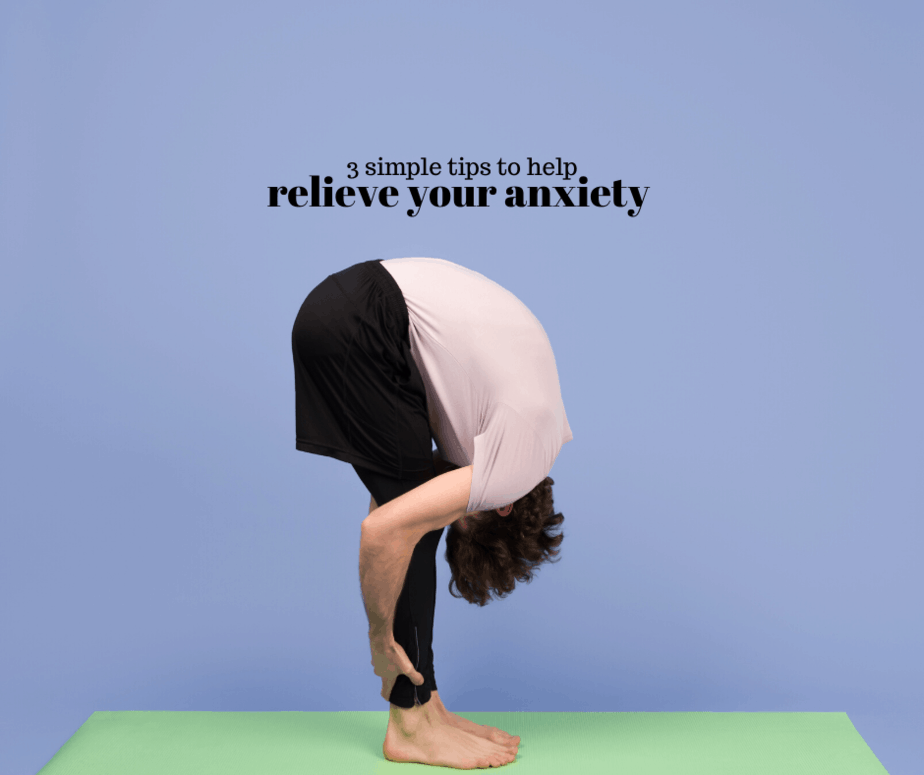
/119707398-56a8e5db5f9b58b7d0f63954.jpg)
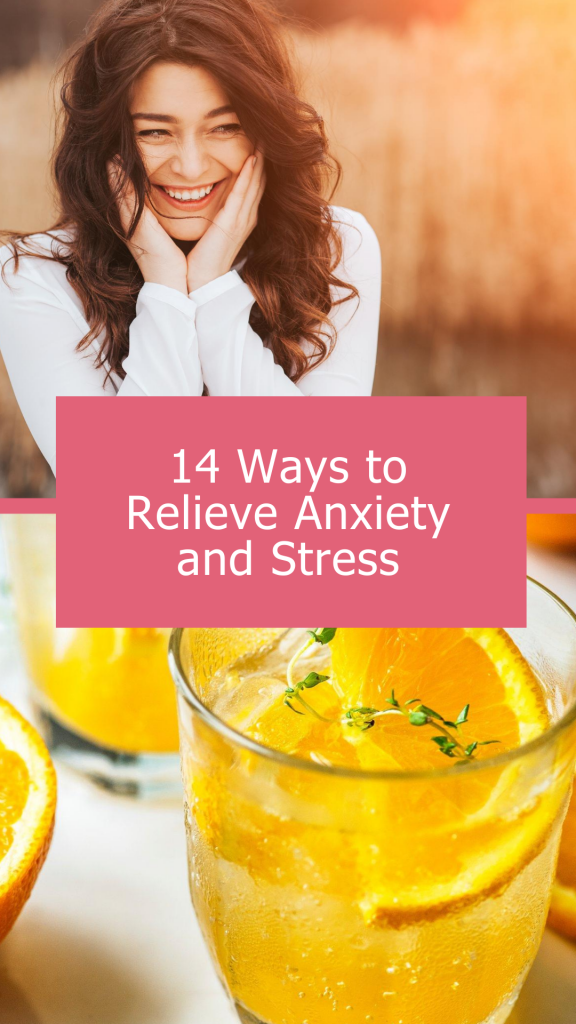
:max_bytes(150000):strip_icc()/manage-your-anxiety-2584184-01-07daf91ba6de41d19f827cf65ceef07a.png)
